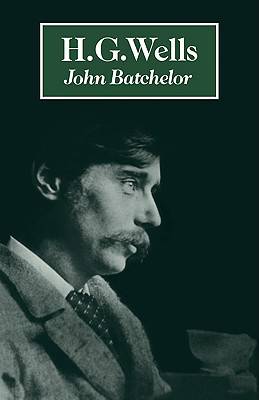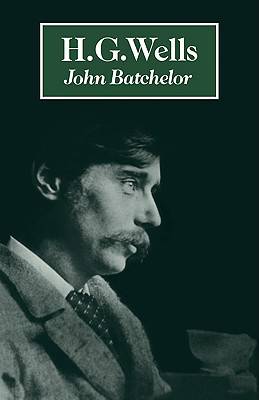
- Afhalen na 1 uur in een winkel met voorraad
- Gratis thuislevering in België vanaf € 30
- Ruim aanbod met 7 miljoen producten
- Afhalen na 1 uur in een winkel met voorraad
- Gratis thuislevering in België vanaf € 30
- Ruim aanbod met 7 miljoen producten
Zoeken
€ 66,45
+ 132 punten
Uitvoering
Omschrijving
H. G. Wells wrote almost a hundred books, yet he is generally remembered for only a handful of them. He is known above all as a writer who heralded the future, yet throughout his life he clung to fixed attitudes from the Victorian past. He began his career as a draper's apprentice; by the age of forty-five he had secured an international reputation as the author of The Time Machine, The War of the Worlds, Kipps and Tono Bungay; he went on to establish himself as an influential educator, polemicist and sage. In this book John Batchelor offers a readable introduction to Wells's huge and varied output as a writer and thinker. He guides the reader through the whole oeuvre, and argues persuasively that at his best Wells was a great artist: a man with a remarkable, restless imagination (not limited, as many critics have implied, merely to his early romances) and with a coherent and responsible theory of fiction.
Specificaties
Betrokkenen
- Auteur(s):
- Uitgeverij:
Inhoud
- Aantal bladzijden:
- 192
- Taal:
- Engels
- Reeks:
Eigenschappen
- Productcode (EAN):
- 9780521278041
- Verschijningsdatum:
- 31/05/1985
- Uitvoering:
- Paperback
- Formaat:
- Trade paperback (VS)
- Afmetingen:
- 140 mm x 216 mm
- Gewicht:
- 249 g

Alleen bij Standaard Boekhandel
+ 132 punten op je klantenkaart van Standaard Boekhandel
Beoordelingen
We publiceren alleen reviews die voldoen aan de voorwaarden voor reviews. Bekijk onze voorwaarden voor reviews.











